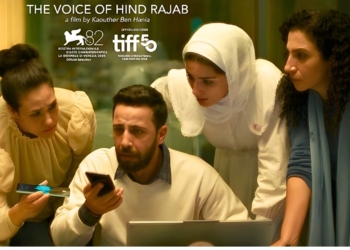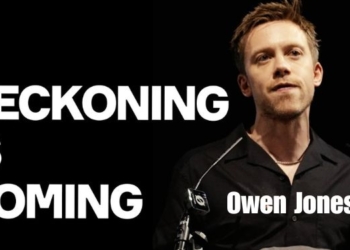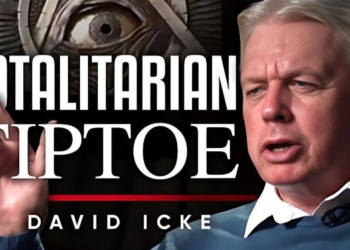
By Mark Lusky
Author and biodiversity advocate Johnny Armstrong has been a longtime healer, first as a pathologist dedicated to helping other providers diagnose and treat disease and injury, now as a conservationist.
Johnny’s first novel, Shadowshine, featuring quirky animal characters inspired by Zak the poet-possum, is a story of self-discovery and perseverance. It’s also a strong reminder that humankind does not have dominion over nature. All of the animal kingdom and all things in nature deserve respect and acknowledgment. Notes Johnny, “Man does not have dominion over anything. Thinking we do is the whole problem, relegating nature below us. It’s hubris. And nature is showing that, with wild climate swings and now, Coronavirus.”
Shadowshine takes a stand against the environmental destruction of the planet, showing the struggle between the forest folk and the “sans-pelages” (a/k/a “no-hides, no-hairs”) humans led by a monster named Mungo who is ravaging his species and the rest of the animal kingdom alike.
Johnny says he doesn’t know when humanity lost its self-identity as part and parcel of “the family of life.” He says, “We are forest folk as much as the raccoon. We’re animals evolved in the family of life, from 3.8 billion years of evolution. We’re kin to animals, plants, and microbes.
“Here we have the identity crisis of humans when face-to-face with nature. We have lost our sense of being members of the family of life. That helps explain the seeming obsession with being in control of nature, instead of accepting science that tells us just the opposite. The story that biological science tells us ultimately leads down to the molecular level. And that becomes vastly complicated when all the environmental factors are considered. It’s mind-boggling. But then, that’s what makes science so much more fascinating than human contrivance.”
He emphasizes, “Mother Nature isn’t sweet, but she certainly is in charge.”
Human lack of appreciation for our membership in the family of life, and placing nature at a lower level, relegates biodiversity to a secondary role, Johnny believes, making it easier to exploit and destroy. “There is a worldwide crisis of ecosystem destruction,” he proclaims. “National Geographic reported last year that 150 to 200 species are going extinct globally on a daily basis.”
What will happen if we don’t change course? Johnny says that’s not a fully-answered question. “How will we get along? How can we continue to raise agricultural products without pollinating insects, soil microbes, worms so affected by pesticides in use today? Then, there is the taking away of landmasses that are holdouts of biodiversity.”
Johnny explains, “There’s so much we can draw from being in a natural setting with so much biodiversity. There’s a whole world of biology crawling with species not identified. We have so much to learn. For example, the tropical rain forests, comprising only about 5% of the landmass, account for fully 50% of biodiversity in the world. They’ve been massively destroyed so rapidly. There is so much to draw from scientifically. It’s a chemical factory, which among other things holds cures to major diseases, as we’ve already seen.”
He adds, “We speak of getting an education. A ‘well educated’ person may not know five species of birds in their backyard. Is that person really educated?”
It’s emergency time Notes Johnny, “Scientists have been telling us about the crises of global warming and ecosystem destruction for more than 35 years, yet precious little has been done. So now, ‘all of a sudden’ we have a crisis. Do we have the intellectual capacity to save ourselves? I’m not certain we do. I can’t tell you I’m optimistic, but I am ever-hopeful. If we just stop destroying habitats with deforestation and replacing vital rain forests with palm oil groves and cattle ranches and stop replacing living biodiverse North American forests with single-species pine plantations that have the biodiversity of cornfields; and we begin saving and restoring more wetlands and prairie habitats, I believe we would be off to a good start. Restoration and protection of ecosystems will definitely be required and are effective.”
—
Mark Lusky is a former reporter and has published in The Denver Post, Rocky Mountain News, The Denver Business Journal, and a variety of trade publications. He has written monthly columns for the Denver Business Journal, ColoradoBiz Magazine, LoDo News, and The Denver Post. He currently authors a Customer Service column in Label & Narrow Web magazine.








![Who Is Bobby Kennedy? [30-Minute Film on RFK Jr.’s Life, Narrated by Woody Harrelson]](https://consciouslifenews.com/wp-content/uploads/2024/05/who-is-bobby-kennedy-350x250.jpg)





